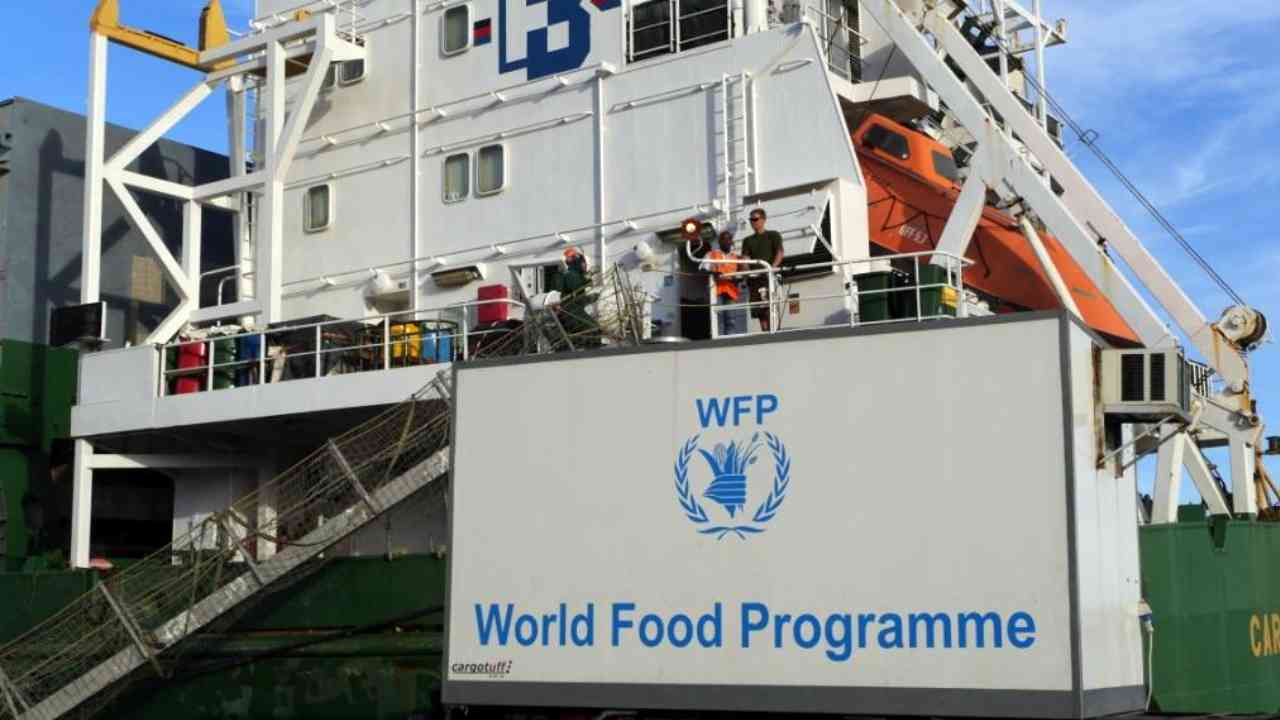The World Food Programme (WFP) has warned that families in conflict-affected areas of Ukraine are already struggling to find food. The United Nations’ agency predicts that this crisis could have consequences beyond borders.
The WFP chief is in Poland and recalled that the world is already facing an unprecedented level of hunger. David Beasley declared, “it is tragic to see hunger knocking at the door of a country in Europe”.
In Ukraine’s capital Kyiv, there are already reports of severe food and water shortages, while in Kharkiv WFP teams are mounting relief operations. These food assistance delivery points are also being created in border countries such as Poland.
WFP claims to be “in a race against time to position food in conflict areas”. In Ukraine, the goal is to find partners to help with the distribution of assistance, while in neighbouring countries, teams are identifying local vendors to be able to buy more stock.
The agency recalls that together, Russia and Ukraine are responsible for 29% of the global wheat trade market. A sharp halt in production and exports could send food prices to a 10-year high.
WFP chief David Beasley fears that more people around the world will go hungry in a scenario like this.
“This is not just a crisis inside Ukraine. This is going to affect supply chains, and particularly the cost of food,” said Beasley.
Before the conflict, WFP was purchasing around 50 per cent of its wheat from Ukraine, to feed hungry people in countries such as Yemen, Ethiopia and Syria.
The agency could see operation costs rise anywhere from $60 million to $75 million a month, he added, “and that means fewer people are going to get food, which means more people are going to go to bed hungry.”
WFP is calling for “a step-change” in support. as the world faces unprecedented hunger due to conflict, climate shocks and the fallouts from the COVID-19 pandemic.


























